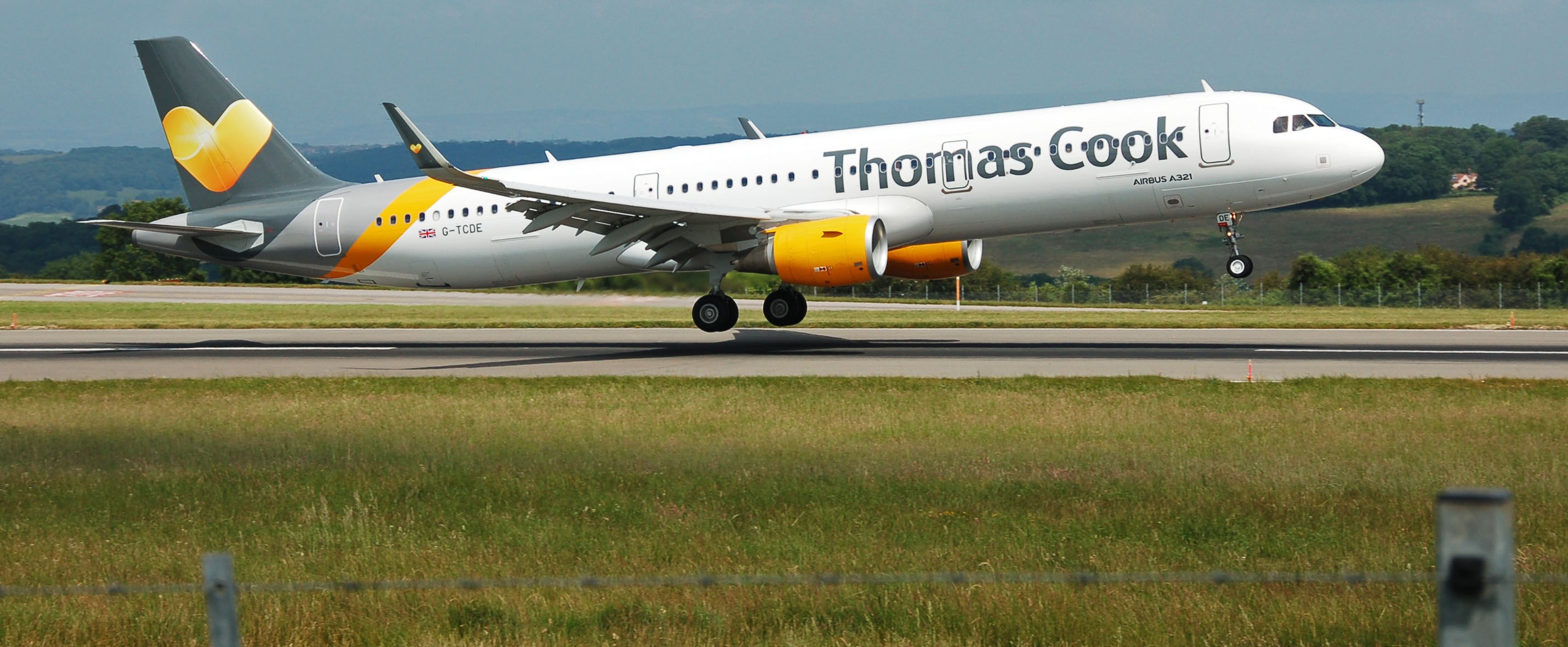‘Government failure on a grand scale’
The extent of the government’s failure to save the iconic travel firm Thomas Cook was revealed today (October 15) in an inquiry by MPs investigating the collapse of the company.
The business select committee heard evidence from Thomas Cook’s top executives including ex-CEO Peter Fankhouser and former chairman Frank Meysman among others — who confirmed that the government refused to provide help in the crucial days before the firm going bust.
In a response which shocked MPs, Fankhouser said that government ministers had made no contact at all with Thomas Cook executives in the week before the firm’s collapse.
In a further revelation, Fankhouser said the he had last met the transport secretary Grant Shapps on September 9, two weeks before the firm went bust – and was told not to make any direct contact with government ministers.
Instead, Thomas Cook executives were instructed to contact only Department for Transport officials.
In the meantime, government ministers from Bulgaria, Spain, Greece, Germany and Turkey all personally contacted Fankhouser and held detailed negotiations – against a backdrop of total silence from the UK government.
Fankhouser said the firm was still hopeful that the UK government would follow through on a â€backstop facility’ of a maximum of ÂŁ200m to see it through next winter after its debt pile had become unmanageable.
But on Sunday afternoon (September 22), the day before the firm went bust, Fankhouser received a final call from a government official.
“I was awfully sad when I had the high official on the phone about five o’clock in the evening, because I knew, now I have to throw in the towel,” he told the committee.
The revelation comes as a letter sent by the Department of Transport to Fankhouser has been made public, revealing the government’s refusal to offer assistance that could have saved Thomas Cook.
“As you are aware, financial intervention by the government is on an exceptional basis,” the letter read, dated Sunday, September 22. “Any financial assistance would represent [government] intervention in the commercial market and creates a significant precedent risk in the private sector.”
When asked by MPs today whether government assistance would have saved Thomas Cook, Fankhouser confirmed it would have.
He said government support would have made Thomas Cook the best funded tour operator in Europe, and would have allowed it to stay afloat, giving it a “new start” that would have later enabled it to shake its onerous debt burden.
Meanwhile, Thomas Cook executives questioned by MPs refused to confirm they would be returning any of their bonuses to acknowledge the part they played in the firm’s failure.
“The suffering [felt by Thomas Cook staff] that resulted from the collapse of the company as a result of management decisions made – you were led to collapse, it didn’t happen by accident – the suffering is disproportionate,” Labour MP Peter Kyle told Fankhauser.
“You didn’t suffer in the same way that other members of staff have suffered. And some people were on extremely low income.”
When asked whether he believed he should pay back his bonuses as a gesture of goodwill even if he isn’t legally required to, Fankhauser said, “I worked exhaustively and extremely hard for that salary. I’m going to consider [paying back bonuses] but I’m not going to make a decision today.”
It is understood that legally, the government will likely only be able to claw back £1m at most from Thomas Cook executives because of two-year limits written into director’s contracts.
Dozens of former Thomas Cook workers, all Unite members, attended today’s hearing, many wearing their Thomas Cook uniforms. Many expressed their anger at the way they felt abandoned by both the company and the UK government.
“[Thomas Cook executives] should never be on the board of any company again,” Elaine Coxhall, who worked for Thomas Cook as air crew based out of Gatwick , told the Press Association (PA).
“Even on the Saturday before it went under we got an email saying â€It’s going to be fine, business as usual, there’s going to be a little bit of noise in the media but it’s going to be fine’.”
Lynn McKeller, who worked for more than three decades for Thomas Cook as cabin crew, expressed frustration about the lack of government contact with the company.
“The fact Peter Fankhauser didn’t do anything to contact any government minister, that’s hard,” she told the PA.
Commenting after the meeting, Unite national officer Oliver Richardson said, “Grant Shapps has a lot of questions to answer about his role in Thomas Cook’s collapse. The way in which the government washed it hands of Thomas Cook is extraordinary and shocking.
“The 3,000 Unite members, the majority of whom worked for the profit making airline, will be angry that they were sacked without warning and without pay, yet no government minister was even prepared to sit down with the company to discuss potential assistance,” he added.
“While other governments throughout Europe were prepared to support parts of the Thomas Cook business and to seek to alleviate the damage faced by their tourism and transport industries, our government had installed barriers to prevent direct meetings.
“There is no evidence that the DfT was ever fully across the detail of what Thomas Cook needed to stay afloat or even to assist in separating the profitable parts of the business, to allow for their survival,” Richardson went on to say. “This appears to be a governmental failure on a grand scale.”
 Like
Like Follow
Follow


